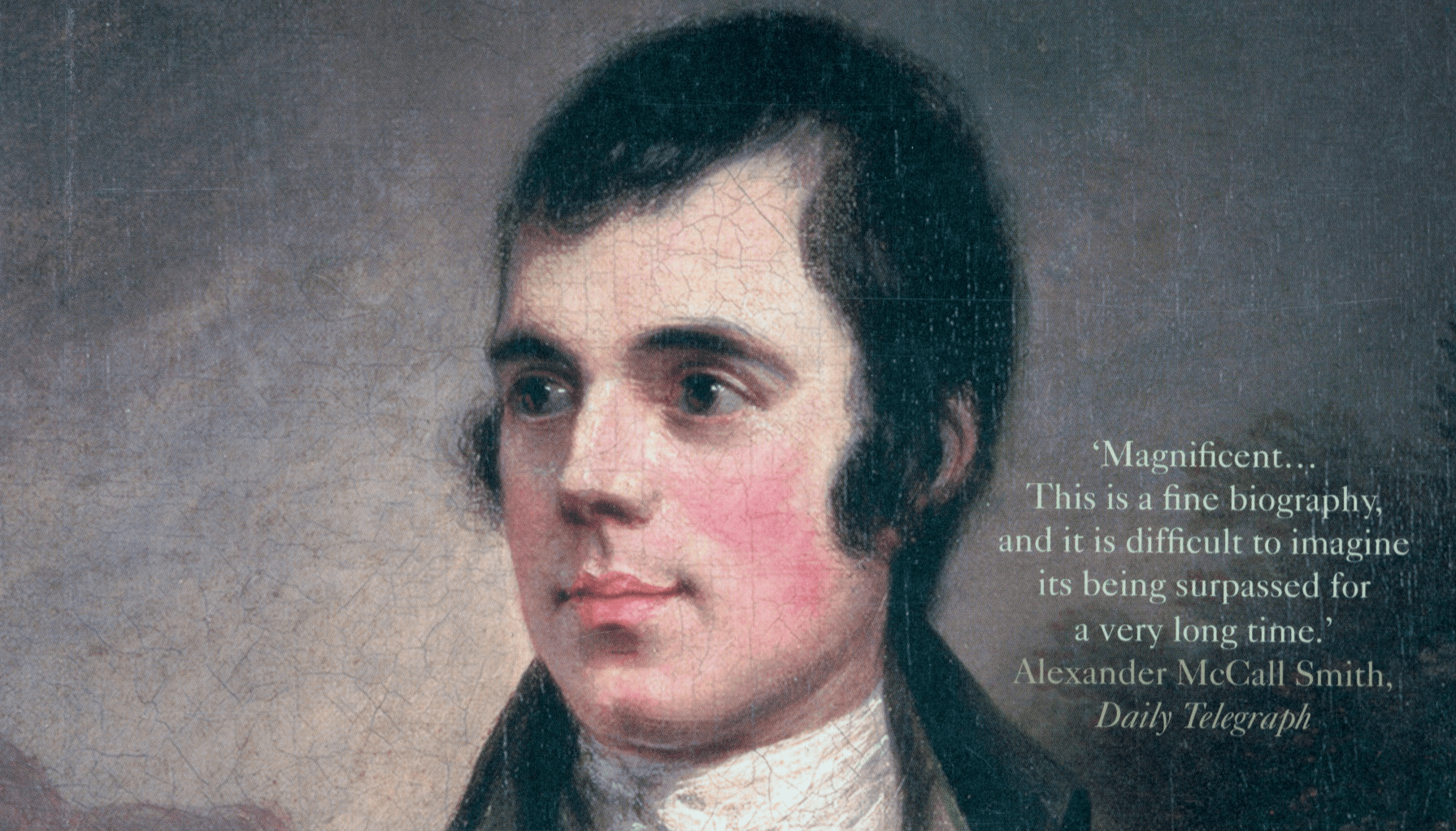Scotland’s bard: the cultural legacy of Robert Burns

Research into the work and life of Robert Burns has helped raise the profile of Burns’ poetry in the media. This research was central to Scotland’s 2009 ‘Homecoming’ event and the refurbishment of the Robert Burns Birthplace Museum in Alloway, leading to an increase in tourism and economic prosperity at national and regional levels. In addition, the research also inspired new artistic expression in the forms of photography and poetry.
Professor Robert Crawford carried out extensive research into the work and life of Robert Burns, and this research included work on previously unpublished archival documents and several rediscovered poems by Burns.
The research culminated in a number of publications, including The Bard, Robert Burns, A Biography (2009), a critical biography whose publication was timed to mark the 250th anniversary of Burns’ birth. The biography reshapes our understanding of Burns’ childhood and makes new claims about its importance to his poetry.
The Bard also establishes a clear relationship between Burns’s poetry and his politics. In the University of St Andrews Library, Professor Crawford unearthed new evidence within a diary from one of Burns’ contemporaries, James Macdonald, who recalled that both were ‘staunch republicans’. Following the French Revolution in the late 18th century, Burns’ political sentiments would have been considered dangerous and could have led to deportation to penal colonies. Using this new evidence, Professor Crawford presents Burns as ‘the master poet of democracy’ and depicts him as a writer of increasingly republican sympathies.
As a result of his work on The Bard, Professor Crawford became an academic consultant to the National Trust for Scotland’s Robert Burns Birthplace Museum project where he helped edit new texts within the museum and provided direction in displaying artefacts. Professor Crawford also participated in the Scottish Government’s ‘Homecoming 2009’ tourist promotion, delivering a series of public events which played an important part in boosting Scottish tourism.
In addition to The Bard, two more scholarly works involving Professor Crawford were published in 2009: The Best Laid Schemes: Selected Poetry and Prose of Robert Burns (with Christopher MacLachlan) and Scotland’s Books: A History of Scottish Literature.
To complement the scholarly research into Burns, Professor Crawford collaborated with colleagues in the creative writing research group to commission new poems which were inspired by the title of Burns’ first book (Poems, Chiefly in the Scottish Dialect). Over forty new poems from 12 writers were collected and published in the anthology, New Poems, Chiefly in the Scottish Dialect.
Inspired by The Bard, Norman McBeath, a portrait photographer with work in both the Scottish National Portrait Gallery and the National Portrait Gallery London, sought out Crawford to collaborate with him on a series of paired photographs and Scots verse texts in 2011.
Impact
- Increased public discourse about Burns’ life and work. The Bard received significant coverage and citations outside of academic literature throughout the UK and USA. Professor Crawford also raised awareness through public lectures at a number of literary festivals and interviews on various television and radio programmes (for example, BBC’s Newsnight Scotland and Reporting Scotland).
- Assisted in boosting the Scottish tourism industry and economy. Professor Crawford’s research allowed him to participate in the Scottish Government’s tourist promotion ‘Homecoming 2009’, which featured the Burns 250th anniversary as one of its themes. The Burns-themed ‘Homecoming’ brought 73,000 additional visitors and £53.7m to the Scottish economy in 2009.
- Improved the redevelopment of a major visitor attraction. Based on his work for The Bard, Professor Crawford served as academic consultant to the National Trust for Scotland’s (NTS) £21M redevelopment of the Robert Burns Birthplace Museum. He helped shape the content and visitor experience for what is now the most visited NTS property.
- Inspired new artistic expression. The Bard inspired Norman McBeath, a portrait photographer, to work with Professor Crawford on a series of paired photographs with Scots verse text. This collaborative project was exhibited during the 2011 Edinburgh International Festival.
Awards
- The Bard won the Saltire Society Scottish Book of the Year Award in 2009.
Researchers involved
Credits
Publications
- Robert Crawford, The Bard, Robert Burns, A Biography (Jonathan Cape; Princeton University Press, 2009).
- Robert Crawford and Christopher MacLachlan, eds, The Best Laid Schemes: Selected Poetry and Prose of Robert Burns (Polygon; Princeton University Press, 2009).
- Robert Crawford, Scotland’s Books: The Penguin History of Scottish Literature (Penguin, 2007). Published in USA as Scotland’s Books: A History of Scottish Literature (Oxford University Press, 2009).
- Robert Crawford, ed., New Poems, Chiefly in the Scottish Dialect (Polygon, 2009).